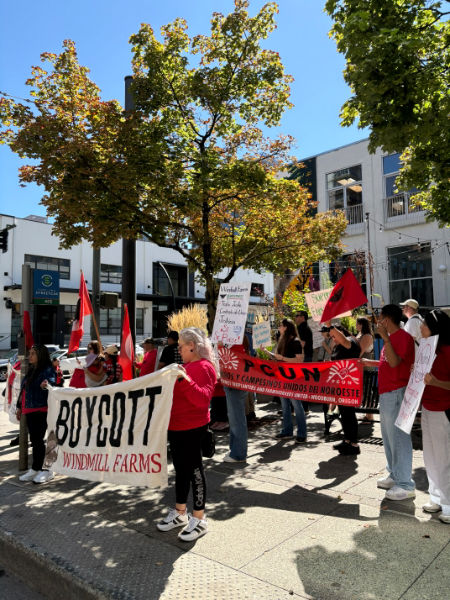Portland City Council Holds Public Hearing on Code Change to ‘Ban the Box’
- Oregon AFL-CIO
- Nov 18, 2015
- 2 min read
Portland, OR- Advocates, impacted community members, and small business owners testified yesterday at a public hearing held by the Portland City Council in support of a proposal to ‘ban the box’. A statewide ‘ban the box’ law passed in the 2015 Legislature, setting a minimum standard. As the hub of Oregon's African American community, and other communities of color, Portland has an opportunity to provide a stronger solution that will better connect people to jobs and make communities safer.
Expanding on the minimum standard set by the statewide law, the proposed code change prevents employers from inquiring about a prospective employee’s conviction history during a job interview. Tom Chamberlain, President of the Oregon AFL-CIO spoke about the importance of giving workers a fair chance at finding jobs:
“I urge Portland City Council to put a strong law on the books, take a stand and follow the 47 local jurisdictions who have done similar work by delaying inquiry until a conditional job offer has been made.”
Nkenge Harmon Johnson, President and CEO of the Urban League of Portland, testified that an expansion of the state law will provide a gateway to employment for communities who have been left behind in Oregon’s economic recovery:
“While Oregon’s statewide unemployment rate continues to decline, the economic recovery is leaving out African Americans. The recently released 2015 State of Black Oregon reported an unemployment rate of 21% for Black Portlanders. When Oregon’s overall unemployment was 11% following the recession, we called it a crisis. Black communities and other communities of color have faced almost double this rate for years.”
Community members provided a moving narrative about the impact that this ordinance will have:
“We need an ordinance that can actually connect people with a history of justice involvement to jobs,” said Emmanuel Price, who has had trouble finding work in his past. “We know that criminal history affects employability. An effective ordinance will ensure that criminal history is not part of the job interview process until after a conditional offer has been made.”
Perhaps the most moving testimony of the day came from Llondyn Elliott, who grew up in a household where her father faced barriers in finding a job because of a past conviction:
“Not having access to employment changes how society, your community, and your family, sees you. Most importantly how you see yourself, resulting in a lack of confidence, opportunity, and hope. This despair affects every relationship in that person’s life, such as the relationship between parent and child, taking away from one of the most fundamental relationships in life, and far too often setting the stage for that child to repeat the path of the parent.”
State Representative Lew Frederick and local business owner Bill Dickey also spoke at the hearing. Representative Frederick, whose district includes parts of North and Northeast Portland, provided clarity on why an expansion to the state law is crucial, pointing out that barriers to employment subsequently create barriers to both family and community stability. Bill Dickey explained that his company, Morel Ink, has a positive history of hiring people with records and has never had an issue with giving workers a second chance at earning a living.
City Council is expected to hold a second reading of the proposed code change next week.




Comments